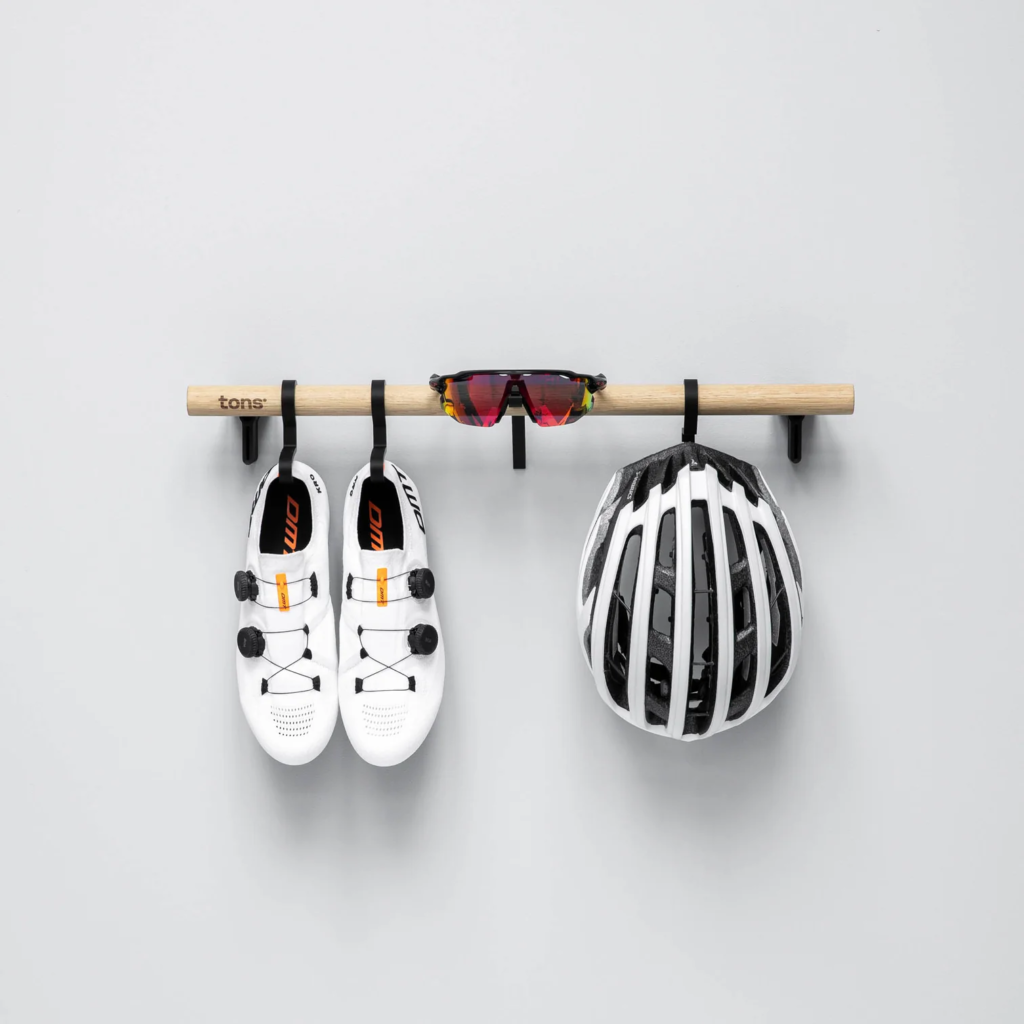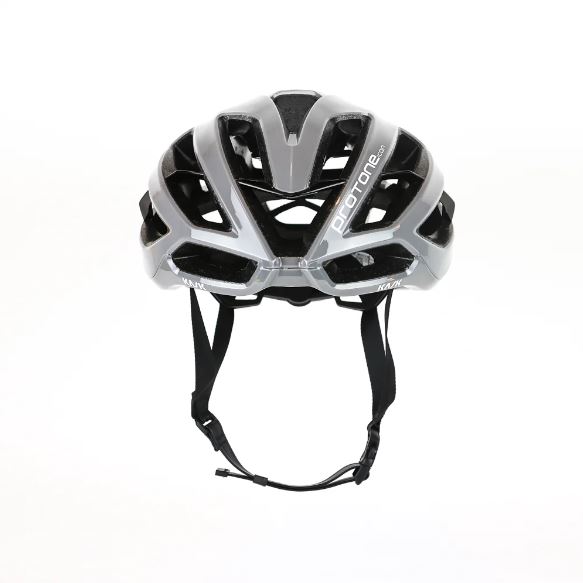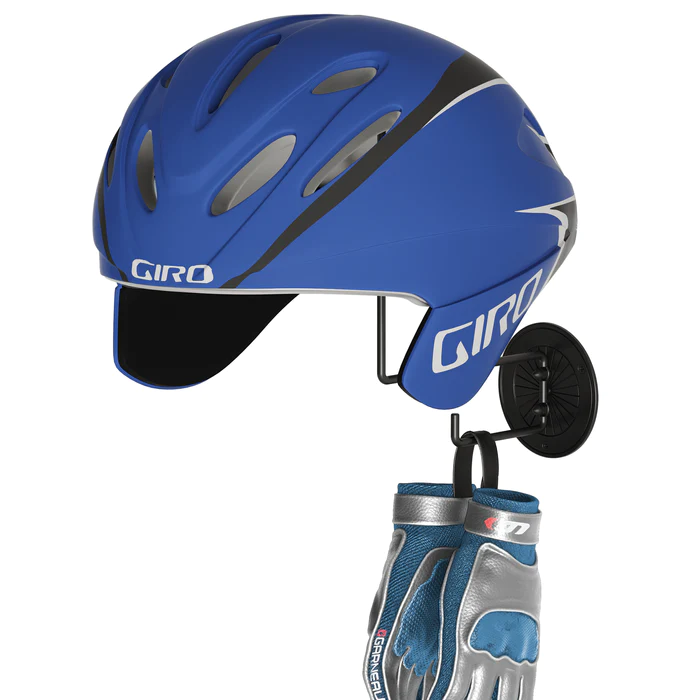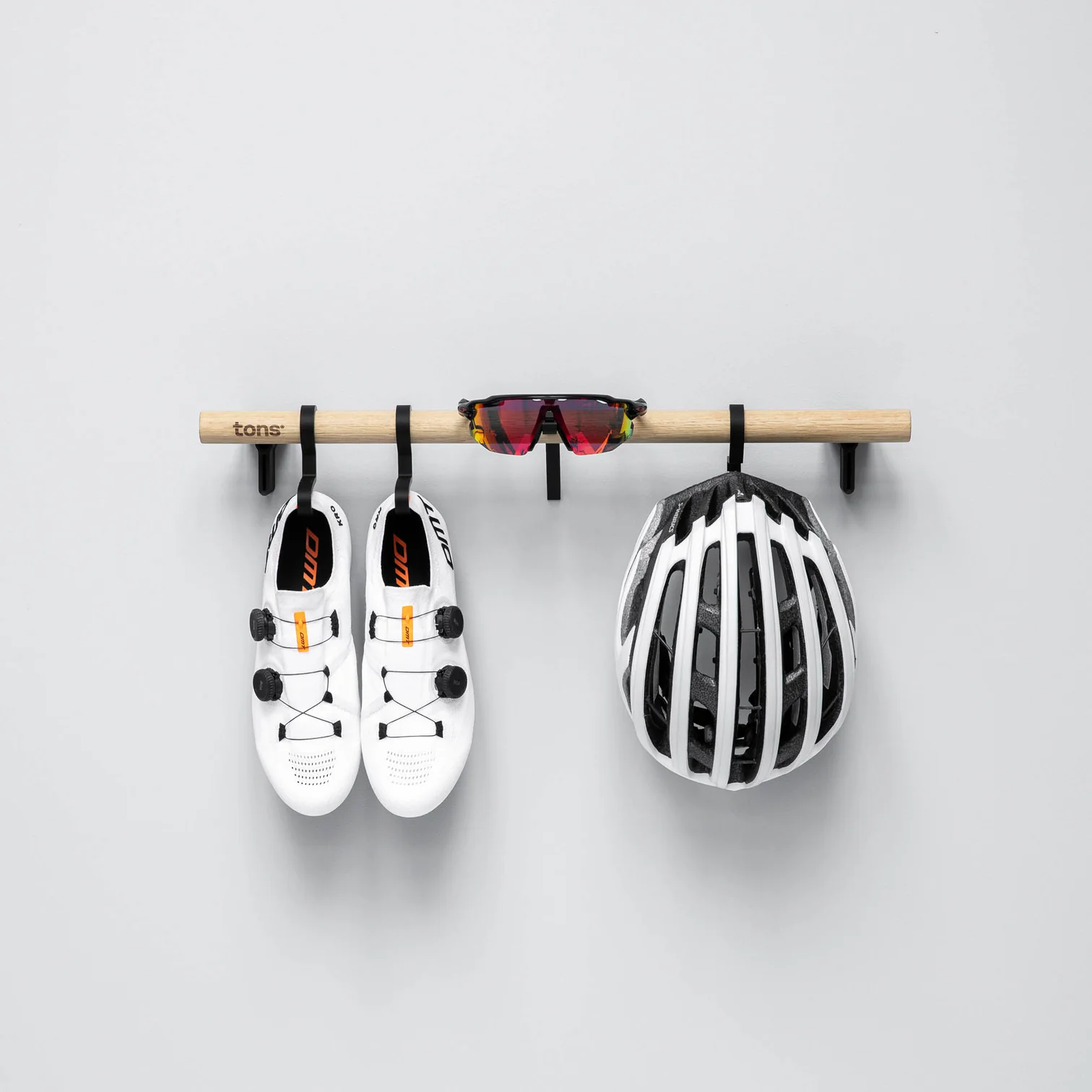Safeguarding Your Gear: How to Store Road Bike Helmets

Key Point Summary of How to Store Road Bike Helmets:
- Proper Cleaning Before Storage: The importance of cleaning helmets before storing them.
- Ideal Storage Conditions: How to create the best environment for storing road helmets.
- Regular Inspection and Maintenance: Keeping helmets in top condition through regular checks and care.
As a masters cyclist with years of experience in various cycling disciplines such as mountain biking, gravel biking, and cyclocross, I’ve learned a thing or two about taking care of cycling gear, especially helmets. The way you store your road bike helmet can significantly impact its lifespan and effectiveness. This article is designed to guide cyclists, from beginners to mid-level, on how to properly store their road helmets.
Proper Cleaning Before Storage
Before storing your helmet, it’s crucial to clean it properly. Sweat, dirt, and oils from your skin can degrade the helmet materials over time. Here’s what I do:
- Gentle Cleaning: Use mild soap and water to clean the shell and padding of the helmet. Avoid harsh chemicals or abrasive cleaners, as they can damage the helmet’s protective materials.
- Drying: After cleaning, let the helmet air dry completely. I usually place mine in an area with good air circulation, away from direct sunlight or heat sources.
Ideal Storage Conditions
The environment where you store your helmet can greatly affect its condition. Here are some tips:
- Cool, Dry Place: Store your helmet in a cool, dry place. Excessive heat or moisture can weaken the helmet’s structure. I avoid places like garages or car trunks, where temperatures can fluctuate significantly.
- Avoid Pressure: Don’t stack items on your helmet. Pressure or weight can deform the foam and compromise its protective capabilities. I have a dedicated spot on my gear shelf for my helmet to ensure it’s not crushed or bent.
Regular Inspection and Maintenance
Regular checks are essential to ensure your helmet is always ready to protect you:
- Inspection for Damage: Before and after storing, inspect your helmet for cracks, dents, or any signs of wear. Even minor damage can reduce the helmet’s effectiveness in an accident.
- Strap and Buckle Care: Check the straps and buckles for signs of wear or damage. I make sure they are not frayed or weakened, as they are crucial for keeping the helmet securely in place.

Storage Brand Recommendations and Suitable Materials
When it comes to storing your helmet, the choice of storage accessory can be as important as the storage practices themselves. Here are some recommended brands and materials:
- Helmet Bags:
- Brands: Companies like Castelli and Louis Garneau offer high-quality helmet bags.
- Material: Look for bags made from breathable yet protective materials like nylon or polyester. These materials guard against dust and scratches while allowing moisture to escape.
- Suitable Helmets: These bags are versatile and can accommodate most standard road bike helmets, including models from Giro, Specialized, and Kask.
- Wall Mounts/Hooks:
- Brands: Delta Cycle and Feedback Sports provide reliable wall mounts and hooks.
- Material: Durable steel or aluminum mounts are ideal for long-term use. Ensure they have a rubber or foam coating to prevent scratches on the helmet.
- Suitable Helmets: Wall mounts are universal and can hold a variety of helmets, from lightweight road helmets to bulkier mountain bike models.
- Helmet Cases:
- Brands: EVOC and Thule offer robust helmet cases.
- Material: Hardshell cases made of materials like polycarbonate provide the best protection against impacts and crushing.
- Suitable Helmets: These cases are designed to fit advanced road helmets, including aerodynamic models and those with extended rear coverage.
Additional Storage Tips
- Helmet Liners: Consider using a soft helmet liner or a silk scarf inside the helmet while storing. This can provide extra protection against dust and scratches.
- Avoid Direct Sunlight: Even while indoors, avoid placing the helmet in direct sunlight, as UV rays can degrade the materials over time.
My Experience with Storage Solutions
I personally use a padded helmet bag for my daily road helmet – a Kask Protone. The bag keeps it safe from scratches and dust. For my more aerodynamic road helmets, like the Giro Vanquish, I use a hardshell case, especially when traveling to events, as it offers extra protection.

FAQ
How do you store bike helmets?
Store bike helmets by cleaning them first, then placing them in a cool, dry location away from direct sunlight. Avoid areas with high heat or humidity. It’s best not to hang them by the straps or place heavy objects on them, to prevent deforming the foam. For extra protection, consider using a helmet bag or a dedicated storage shelf.
Where should helmets not be stored?
Helmets should not be stored in places with high heat or humidity, like a car trunk or a damp garage, as extreme temperatures and moisture can degrade the materials. They should also be kept away from direct sunlight and not hung on hooks by the straps, which can stretch them out. Avoid placing heavy objects on top of helmets to prevent deformation.
How long should you keep a road bike helmet?
Typically, it’s recommended to replace a road bike helmet every 3 to 5 years. However, if the helmet sustains an impact in a crash, or if you notice any signs of damage, wear, or degradation before this time, it should be replaced immediately. Regular inspection is key to ensuring helmet safety.
Do unused bike helmets expire?
Yes, unused bike helmets can expire. The materials, especially the foam and adhesives used in helmet construction, degrade over time, even if the helmet is not used. It’s generally recommended to replace bike helmets every 3 to 5 years, regardless of usage, to ensure maximum safety and effectiveness.
Final Thoughts
Proper storage of your road bike helmet is crucial for maintaining its condition and effectiveness. Whether you choose a helmet bag, wall mount, or a hard case, ensuring that your helmet is stored in a clean, dry, and safe environment will prolong its life and maintain its protective qualities. Remember, a helmet is a key safety device in your cycling gear arsenal, and taking care of it ensures it can take care of you.
John






